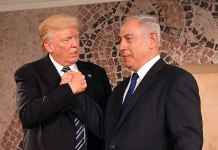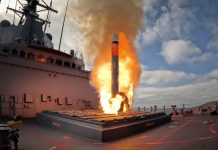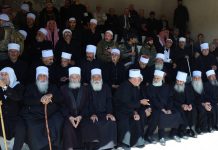The Shanghai Cooperation Organization (SCO) was formed by China, Kazakhstan, Kyrgyzstan, Russia, and Tajikistan in 2001. It is a Eurasia political, economic, international security, and defense organization that counters Western influence in Eurasia.
At Blistering Speeds Of Mach 30, China Tests World’s ‘Most Powerful’ Wind Tunnel For Mothership Aircraft
Representatives from all member countries and two SCO bodies, the secretariat and Regional Anti-Terrorist Structure (RATS), joined the July 4, 2023 summit along with Iran, Belarus, and Mongolia, who were invited as Observer States. Prime Minister Narendra Modi of India, who chaired the meeting, invited Turkmenistan as its guest.
Over the years, SCO has grown in membership and diversification of its agenda. The implosion of the Soviet Union and its replacement by the present structure of the Russian Federation in 1991 created a vacuum in the vast Central Asian region.
Russia and China were concerned about Western powers, including the United States, trying to fill the void. As something like a bridge between the East and the West, Central Asia’s strategic location is very attractive to the ambitious powers in the European and Asian Continents.
While Russia is facing a challenge from the US and NATO, a phenomenon that has become more explosive since the beginning of the Russian-Ukrainian war in 2022, economic and strategic rivalry between the United States and China is intensifying with the passing of each day.
Russia and China are almost on the same line in realizing the dangers to their economic structures and national security inherent in allowing the Central Asian region to linger in a state of vacuum.
The theme of the SCO Summit 2023 was ‘SECURE,’ which stands for security, economic development, connectivity, unity, respect for sovereignty and territorial integrity, and environmental protection.
During the SCO summit, President Vladimir Putin stated that Russia was committed to standing against Western sanctions and provocations. He emphasized the importance of boosting ties within the SCO and supporting the use of local currencies in foreign trade settlements. Putin also warned about the increasing potential for conflicts and the risk of a global economic crisis.
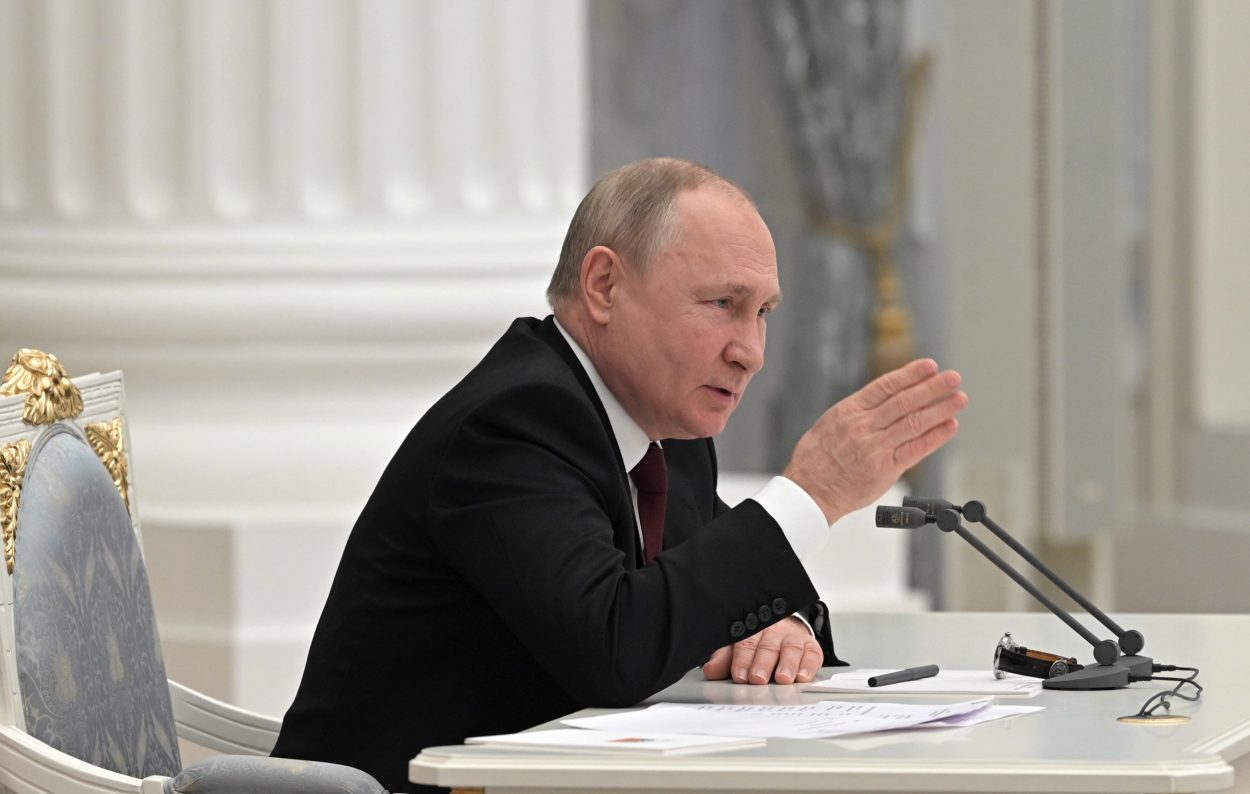
Chinese President Xi Jinping urged leaders from Russia, Iran, and other member states to work together to safeguard regional peace. He emphasized the need for common security and called for enhanced solidarity and mutual trust among SCO members.
In normal practices of conducting diplomacy, there should have ensued subtle rivalry and clash of interests between Russia and China after the dismemberment of the erstwhile Soviet Union. But that was not visible openly though Moscow did entertain apprehensions.
At least to show a semblance of a smooth relationship with the Central Asian States after 1991, Russia tried new and acceptable parameters of relationship with all of the five Central and two Trans-Caspian republics.
This included the Collective Security Treaty Organization (CSTO), which maintains a peacekeeping force deployed in conflict areas. The force comprises troops from member states and is designed to provide regional stability and security.
Today, China and Russia both desire the Shanghai Cooperation Organization (SCO) expansion by reaching out to countries sanctioned by the West and offering “alternative options” to the established order. The strategic scenario springing from the Ukrainian war has catalyzed Russia’s vision of an expanded SCO.
“By including Iran and putting Belarus on track for membership, it had ‘sent a signal’ to the world that there were options for greater Eurasian integration and to counter the Western liberal order,” said Ilayda Nijhar, a global risk analyst at Oracle Data Integrator (ODI), a global affairs think tank. She added that “SCO was gaining popularity across the “non-aligned” parts of the world. Geopolitically, China and Russia are looking to play the long game here.”
After India and Pakistan joined in 2017, Iran joined this year, and Belarus, another country under Western sanctions, is expected to join next year. The organization’s constitution allows members to invite ‘dialogue partners’ to participate in specialized discussions.
More than a dozen countries have been given this status, the latest being Bahrain, Kuwait, the UAE, the Maldives, and Myanmar.
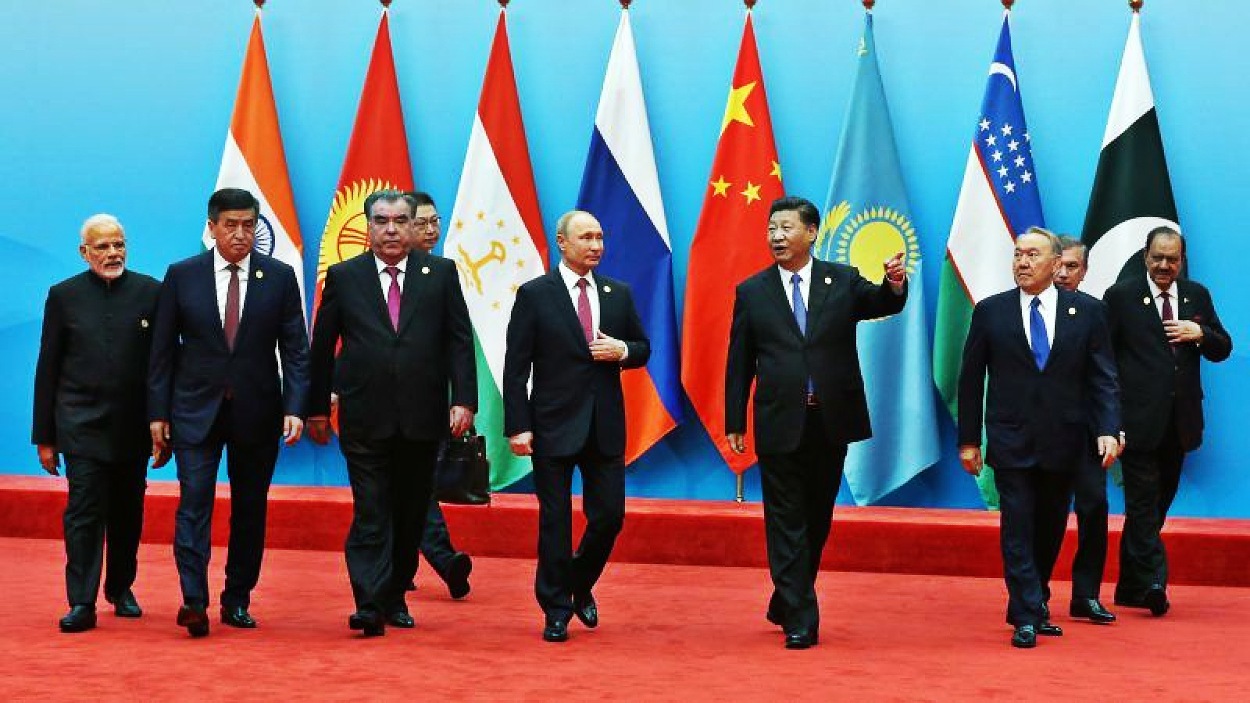
Some researchers think Russia’s call at the July 4 summit for deeper cooperation among the bloc was “demonstrating to the world once again that they have alternative options and that the West can close it out of whatever structures it wants.”
One opinion is that there could be some countries not usually hostile to the West but still staying with the SCO. India is an example, and so are the Central Asian Republics.
However, by and large, the countries that comprise the SCO, including those waiting for permanent membership, generally have the common understanding that SCO countries, or the Global South, have been affected by many coercive policies of the Western countries.
Therefore, they see a common ground to work together. Some countries feel they are economically vulnerable and, as such, want to be secure. Food and energy challenges are also of much concern to them.
The overall scenario is that the SCO is expanding in the numerical and thematic areas. Analysts increasingly see the SCO as a bulwark to the West as it steps up security cooperation through mechanisms such as the Regional Anti-Terror Structure.
The opening words of the Chairman of the Summit, Prime Minister Narendra Modi, resounded the vision of the organization.
- KN Pandita (Padma Shri) is the former Director of the Center of Central Asian Studies at Kashmir University. Views expressed here are of the author’s.
- Mail EurAsian Times at etdesk(at)eurasiantimes.com
- Follow EurAsian Times on Google News

